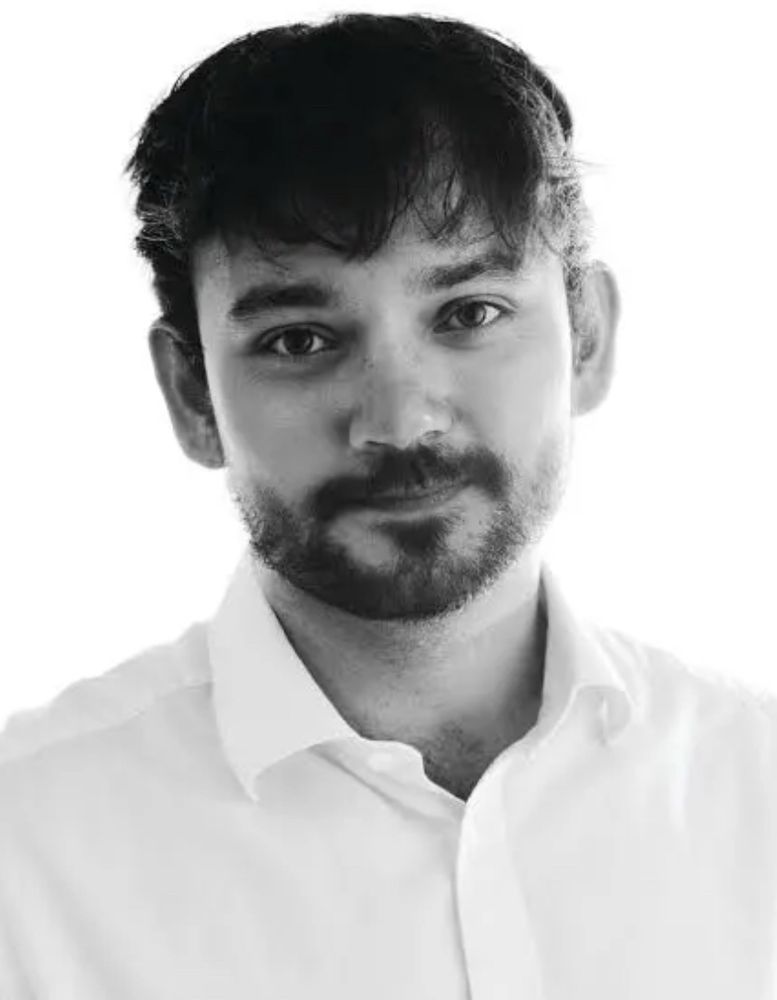
Author, Know Thyself (2021) https://metacoglab.org/book
Dad and assistant to the Diplomat
For more information and how to apply, check out metacoglab.org/summer-schoo...
For more information and how to apply, check out metacoglab.org/summer-schoo...
doi.org/10.1017/S003...
with @smfleming.bsky.social
doi.org/10.1017/S003...
with @smfleming.bsky.social

osf.io/preprints/ps...
osf.io/preprints/ps...
gershmanlab.com/textbook.html
It's a textbook called Computational Foundations of Cognitive Neuroscience, which I wrote for my class.
My hope is that this will be a living document, continuously improved as I get feedback.
gershmanlab.com/textbook.html
It's a textbook called Computational Foundations of Cognitive Neuroscience, which I wrote for my class.
My hope is that this will be a living document, continuously improved as I get feedback.
Tune in tomorrow (note the time below is in UK time)!
@suryagayet.bsky.social will be talking to us about “Tracking perceptual competition with Rapid Invisible Frequency Tagging (RIFT)”
Wed 14th Jan at 11am UK time
All welcome, to join please see metacoglab.org/consciousnes...

Tune in tomorrow (note the time below is in UK time)!
@suryagayet.bsky.social will be talking to us about “Tracking perceptual competition with Rapid Invisible Frequency Tagging (RIFT)”
Wed 14th Jan at 11am UK time
All welcome, to join please see metacoglab.org/consciousnes...

@suryagayet.bsky.social will be talking to us about “Tracking perceptual competition with Rapid Invisible Frequency Tagging (RIFT)”
Wed 14th Jan at 11am UK time
All welcome, to join please see metacoglab.org/consciousnes...

@suryagayet.bsky.social will be talking to us about “Tracking perceptual competition with Rapid Invisible Frequency Tagging (RIFT)”
Wed 14th Jan at 11am UK time
All welcome, to join please see metacoglab.org/consciousnes...
www.cell.com/neuron/abstr...
#neuroscience

www.cell.com/neuron/abstr...
#neuroscience
To register and for more details, see www.uclmmi.com/uncategorize...
To register and for more details, see www.uclmmi.com/uncategorize...
Marisa Carrasco (Department of Psychology, New York University) - "Perception action dissociations as a window into consciousness"
Join us over Zoom, if you will. #neuroscience
sites.google.com/view/mit-con...

Marisa Carrasco (Department of Psychology, New York University) - "Perception action dissociations as a window into consciousness"
Join us over Zoom, if you will. #neuroscience
sites.google.com/view/mit-con...
“Humans and Artificial Minds: Mutual Influences”
9 Jan at ENS Paris.
Talks by @smfleming.bsky.social, Valeria Giardino, Silvia Tulli, @thecharleywu.bsky.social, Laurence Devillers & @summerfieldlab.bsky.social .
Program ↓

“Humans and Artificial Minds: Mutual Influences”
9 Jan at ENS Paris.
Talks by @smfleming.bsky.social, Valeria Giardino, Silvia Tulli, @thecharleywu.bsky.social, Laurence Devillers & @summerfieldlab.bsky.social .
Program ↓



2026.ccneuro.org
2026.ccneuro.org
Daniel Yon @danieljamesyon.bsky.social will be telling us about “The private life of public confidence”
Looking forward to it!
All welcome- for more info see metacoglab.org/consciousnes...

Daniel Yon @danieljamesyon.bsky.social will be telling us about “The private life of public confidence”
Looking forward to it!
All welcome- for more info see metacoglab.org/consciousnes...

Daniel Yon @danieljamesyon.bsky.social will be telling us about “The private life of public confidence”
Looking forward to it!
All welcome- for more info see metacoglab.org/consciousnes...
sciencedirect.com/special-issue/10QN6R7VQSM
and the editorial (see next figure in the thread for an entertaining analysis)
doi.org/10.1016/j.ne...

sciencedirect.com/special-issue/10QN6R7VQSM
and the editorial (see next figure in the thread for an entertaining analysis)
doi.org/10.1016/j.ne...
arxiv.org/pdf/2511.21605
arxiv.org/pdf/2511.21605

Check it out, let us know what you think!
www.lnk.to/AQOSConsciou...

Check it out, let us know what you think!
www.lnk.to/AQOSConsciou...

